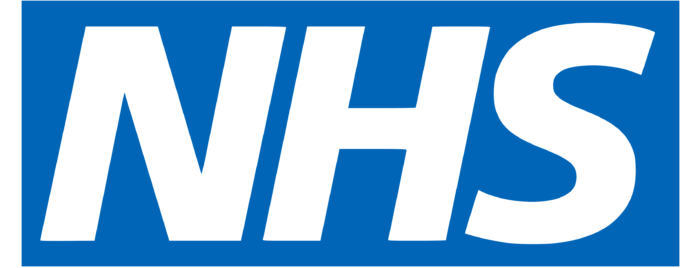How can the NHS maximise its role as an anchor institution to boost local economies and reduce socioeconomic and health inequalities?


This project is delivered by the NIHR ARC National Priority Consortium for Health and Care Inequalities.
Project title: How can the NHS maximise its role as an anchor institution to boost local economies and reduce socioeconomic and health inequalities?
Duration (start and end dates): 1 September 2021 –31 August 2023
Funding total: £286,911.43
Funded by NIHR ARC Health and Care Inequalities National Priority Consortium.
Led by ARC Greater Manchester, collaborating with ARC North East and North Cumbria, ARC Yorkshire and the Humber, ARC North West Coast, ARC East of England, ARC Kent, Surrey, and Sussex and ARC North Thames.
What does the project aim to achieve?
The main aim of the NHS is to provide comprehensive health care, free at the point of service, based on need and not ability to pay.
However, it has increasingly been recognised that the size of NHS hospitals and organisations means they can also make a big economic difference to their local communities. For example, hospitals employ lots of staff which give jobs to local people and support the local economy.
This is referred to the NHS acting as an ‘anchor institution’ because, like an anchor can have a steadying effect for a ship, the NHS can have a steadying effect and bring significant benefits to local communities.
Those making decisions about the NHS locally, regionally and nationally are trying to look at how they can maximise this ‘anchoring effect’ and use this to reduce social, economic, and health inequalities.
Building a hospital close to a community where there is high unemployment might be an example of this. Alternatively, closing a hospital in an area might have devastating consequences, both for the health outcomes of local people, but also for economic prospects of those local people as well as their trust in the NHS.
At this stage, there are important questions that remain unanswered. We don’t know whether:
We want to undertake three pieces of work to help answer these important questions.
Who is it relevant to or who could it impact?
Our research is relevant to people working in and living near big NHS institutions, including hospitals and administrative centres. It is hoped that our results can be used to change national policy to help the NHS improve the lives of people by reducing inequality.
Why is this project important?
The NHS is the fifth largest employer in the world, and as such directly influences the working conditions and prospects of over 1.3 million people.
The money spent on pay and attracting new staff to work for the NHS can make a massive difference to people and communities. We know that the NHS is often one of the largest employers in certain communities and is therefore critically important, in terms of not only providing high quality care but also affecting the lives of people through its ability to provide employment and job security.
However, we do not yet know exactly how big of an effect the NHS can have on people and communities over and above providing care, nor do we know what works, in what circumstances, and for who.
Project Lead Dr Luke Munford from Manchester University and NIHR ARC Greater Manchester said:
“Understanding the ways in which the NHS can be a ‘force for good’ for local people and communities is key to enabling the massive potential of the fifth largest employer in the world to be unleashed. The NHS can make huge differences on health in terms of providing health care, but also in terms of employment opportunities, job security, and many other important ways that improve health – the so-called ‘social determinants of health.”
Lead contact for the project: Dr Luke Munford ([email protected])
Co-investigators
Professor Matt Sutton (Professor of Health Economics), Paul Wilson (Senior Lecturer in Implementation Science) – both University of Manchester, ARC GM
Professor Clare Bambra (Professor of Public Health), Dr. Jo Wildman (Research Fellow NIHR ARC NENC Health Inequalities and Marginalised Communities), Professor John Wildman (Professor of Health Economics), Dr. Heather Brown (Senior Lecturer in Health Economics) – all Newcastle University, ARC NENC
Professor Kate Pickett (Professor of Epidemiology) – University of York, ARC YH
Professor Ben Barr (Professor of Applied Public Health Research) – University of Liverpool, ARC NWC
Dr. John Ford (Clinical Lecturer in Public Health) – University of Cambridge, ARC EoE
Professor Lindsay Forbes (Professor of Public Health) – University of Kent, ARC KSS
Professor Paula Lorgelly (Professor of Health Economics) – UCL, ARC-NT
Implementation activities will be led by Paul Wilson (ARC GM) and Public and Community input will be led by Professor Paula Lorgelly (ARC NT).
Go back to the Health and Care Inequalities Consortium homepage